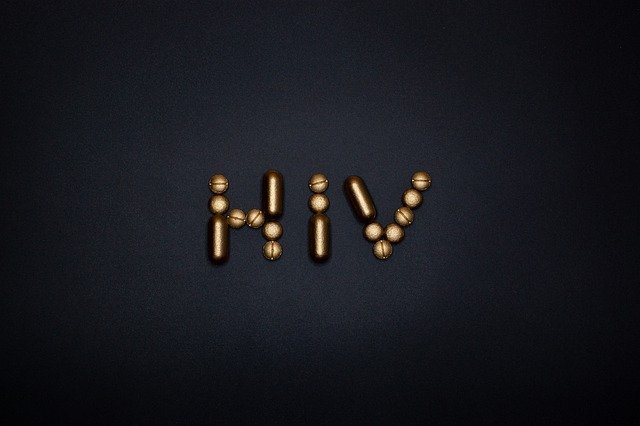The Truth About Truvada and Kidney Damage
Image by Miguel Á. Padriñán from Pixabay
There has been a great deal of buzz lately about the possible risks of HIV drug Truvada as well as about accusations lodged against its manufacturer, Gilead Sciences, Inc. With growing numbers of patients filing lawsuits alleging that the company produced and sold a dangerously defective medication that caused appreciable harm, there are many more people who are wondering if they should also pursue a claim for compensation.
What is Truvada?
The prescription drug known as Truvada is among a handful of HIV medications produced by Gilead Sciences that contains a substance known as tenofovir disoproxil fumarate, also referred to as TDF.
Since its introduction, the drug has been given as a treatment to patients already
infected with HIV and patients who have a high risk of contracting the illness.
It is formulated to treat HIV by halting the function of an enzyme that
facilitates virus growth and to reduce contraction risk among, especially
vulnerable groups.
Truvada’s Lesser Known Health Risks
If gone unchecked, HIV infections can escalate to AIDS, or acquired immunodeficiency syndrome, a deadly condition in which patients are rendered unable to stave off infection and are at increased risk of associated conditions that can lead to severe complicatins.
Though initially hailed as a possible breakthrough in the treatment of HIV, TDF has
also been linked to a series of potentially dangerous side effects, including:
- Kidney damage
- End-stage kidney disease
- Osteoporosis
- Tooth loss
- Bone fractures
- In addition, it has been alleged that the use of Truvada increases the risk that
patients will develop Fanconi’s Syndrome, a condition in which substances that are typically absorbed into the bloodstream are instead excreted from the body via urine.
Why are Truvada Lawsuits Being Filed?
Patients across the country have initiated lawsuits against Gilead as a means to seek monetary compensation for injuries they claim were the direct result of Truvada use. Plaintiffs in these cases frequently allege that the drugmaker was aware of the dangers but failed to disclose them in order to boost sales and market share.
Litigants have asserted that Gilead knew, or at least should have known, of the high
levels of toxicity present in the doses commonly prescribed to patients for the
treatment or prevention of HIV and the attendant risk of severe bone and kidney damage they presented.
Compensation Available to Successful Truvada Claimants
Patients who have taken TDF-based Truvada and who have subsequently experienced the unfortunate side effects, including kidney and bone ailments, are considering lawsuits against the drug’s manufacturer for a host of reasons.
First of all, initiating a legal claim is often the best way for those negatively impacted by a dangerous drug to obtain substantial financial compensation which can include payment for medical expenses incurred as a result of the medication, lost wages, reduced earning capacity, pain, suffering, and other categories of damages.
In addition, many plaintiffs view a dangerous drug lawsuit as an effective means to hold pharmaceutical giants accountable for knowingly or negligently placing a harmful product on the market without concern for consumer safety.
Patients of all descriptions necessarily place a great deal of trust in drug manufacturers to create, test, and monitor the medications they produce in a manner that ensures the safety of those who ultimately take them. When companies fail in that duty, it is incumbent upon those who have been harmed to pursue justice as well as monetary recovery.
If the prescription medication does more harm than good, consider hiring a dangerous drug lawyer who can examine the circumstances of your case, request the assistance of expert witnesses, determine the value of losses sustained, and aggressively pursue compensation on your behalf to the bitter end.

